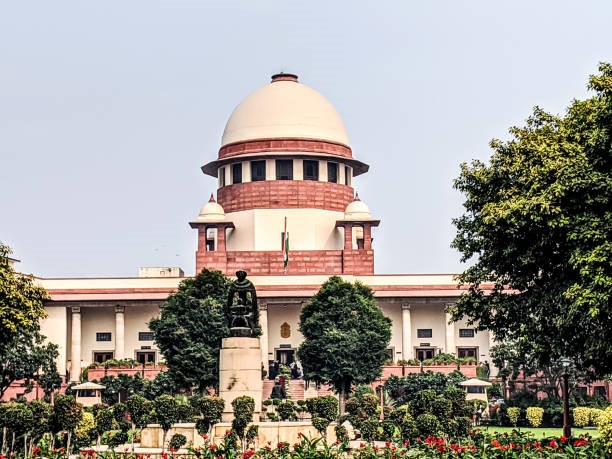– Mohd Naushad Khan
The Supreme Court on February 15 pronounced a verdict on a number of petitions contesting the legality of Electoral Bonds Scheme (EBS), which permits political parties to receive funds anonymously. In its ruling, the top court declared EBS as unconstitutional, for it is violative of Article 19(1)(a).
The Apex Court ordered State Bank of India to immediately stop issuing Electoral Bonds (EBs). It also asked SBI to furnish details of the political parties that received EBs since April 12, 2019, and all the particulars, including the date of encashment and denomination of EBs, to Election Commission of India by March 6. By March 13, ECI shall publish the details of EBs on its official website.
The SC judgement reminds me of my face-to-face with Prof Jagdeep Chhokar, one of the founders of Association for Democratic Reforms (ADR), who in reply to one of my questions had said, “…we expect the court to strike down the scheme on grounds of it being unconstitutional.”
In the first tranche, about Rs.212 crore worth of EBs were sold; 95% of them went to the ruling party. Now it’s about 70 to 80 percent.
As per data released by PTI, the BJP got around Rs.1,300 crore through EBs in 2023. In 2022–2023, it received total contributions of Rs.2,120 crore, of which 61% was from EBs, per the BJP’s annual audited report filed with the EC. The Congress got around Rs.171 crore in 2023, down from Rs.236 crore in 2022. SP earned Rs.3.2 crore through EBs in 2023, up from zero in 2022. TDP got Rs 34 crore in 2023, up 10 times from 2022.
Senior SC lawyer Prashant Bhushan, told Radiance, “I think this judgment is a great thing for our electoral democracy because they have not only held that anonymous funding of political parties violates the people’s right to information but they have also struck down the removal of limits on corporate funding to political parties.”
He added, “Earlier, there was a limit of seven and a half percent on annual profits. That limit was removed. They have struck down saying that this will make our democracy subservient to corporate interests. They have also directed the SBI to publish on their website what EBs were bought by whom and to which political party they were given at least after the interim order. So, I think it’s a great thing for our democracy.”
Ranjit Singh Ghuman, Professor of Eminence, Guru Nanak Dev University, Amritsar, said, “It’s a historic decision and would go a long way in upholding people’s faith in judiciary which many times has been on the wane. The SC decision also displays top-court’s unwavering commitment to the Constitution of India and faith in democracy.
“The role of ADR and its counsel Prashant Bhushan is laudable as it’s they who mustered the courage to fight against the unconstitutional laws. The decision also negates the ruling alliance’s claim of upholding transparency and democratic process as EBs have inherent and inbuilt elements of camouflage bribery and hence go against the very essence of transparency and people’s Constitutional right to information. The very enactment of the EB Act shows that political masters can go to any extent to circumvent the Constitution, weakening the democratic process (via money power) and strengthen their political power.”
Ghuman added, “People had apprehended that EB is an instrument of give-and-take of undue benefits as the companies give such donations only to get undue favors from political masters. The lion’s share of donations under EBs going to BJP is a testimony thereof. One wonders why the Opposition didn’t make this an issue right from the day when EBs were going to be introduced.
On whether the SC judgement will serve any purpose, Prof Arun Kumar, a noted economist said, “The ending of EBs makes little difference to funding of elections since most of it comes in cash. It’s important only from the point of view of transparency of funding. The ruling party will continue to get funds while Opposition’s source of funding will get reduced.”




